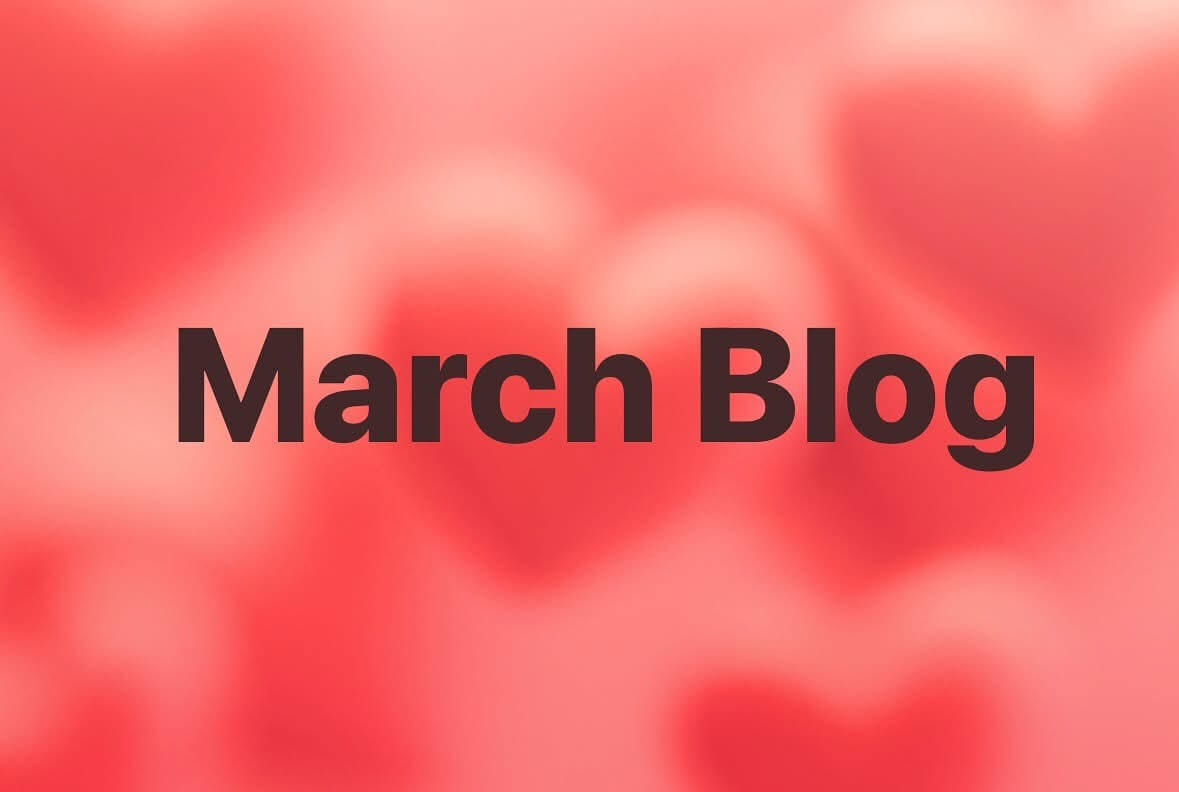
Attachment theory, first developed by psychologist John Bowlby, describes how our early relationships with caregivers shape our ability to form and maintain close relationships throughout our lives. According to this theory, our early experiences create internal working models of attachment that influence how we approach relationships, including romantic ones.
There are three main attachment styles: secure, anxious, and avoidant. Let’s take a closer look at each of these styles and how they can impact romantic relationships.
Secure Attachment Style
People with a secure attachment style tend to have positive views of themselves and their partners. They feel comfortable with intimacy and are able to seek support from their partners when needed. They also tend to be good at communicating their needs and emotions.
In romantic relationships, people with a secure attachment style are generally able to form healthy, lasting bonds with their partners. They are less likely to feel jealous or anxious about their partners, and they are more likely to resolve conflicts in a constructive way.
Anxious Attachment Style
People with an anxious attachment style tend to worry about their relationships and feel insecure about their worthiness as partners. They may be overly dependent on their partners for emotional support and may experience intense jealousy and anxiety when they perceive their partners as distant or unresponsive.
In romantic relationships, people with an anxious attachment style may struggle with feelings of insecurity and may have a tendency to cling to their partners. They may also have a harder time communicating their needs and may be more likely to engage in negative behaviors like criticizing or blaming their partners.
Avoidant Attachment Style
People with an avoidant attachment style tend to be uncomfortable with intimacy and may avoid emotional closeness with others. They may be independent and self-reliant, preferring to rely on themselves rather than others.
In romantic relationships, people with an avoidant attachment style may have difficulty with intimacy and may struggle to form close emotional bonds with their partners. They may also be less likely to seek emotional support from their partners and may have a tendency to withdraw or shut down when their partners try to get close.
Why Knowing Your Attachment Style Matters When You’re Dating
Understanding your own attachment style can be helpful when you’re dating because it can help you recognize patterns in your own behavior and understand why you may be attracted to certain types of partners. For example, if you tend to have an anxious attachment style, you may find yourself drawn to partners who are emotionally unavailable or distant, which can exacerbate your insecurities and anxiety.
Knowing your attachment style can also help you communicate more effectively with your partner. If you tend to have an avoidant attachment style, for example, you may need to work harder to communicate your emotions and needs to your partner, who may not be aware of the underlying reasons for your emotional distance.
In addition, knowing your partner’s attachment style can also help you better understand their behavior and needs in the relationship. If your partner has an anxious attachment style, for example, you may need to be more aware of their need for reassurance and emotional support, and be willing to offer it to them.
Attachment styles can have a significant impact on romantic relationships. Understanding your own attachment style and that of your partner can help you communicate more effectively, recognize patterns in your behavior, and create a healthier, more fulfilling relationship. We have over 3,000 of the finest singles at MTN Matchmaking, and we cover everything in our vetting process. Trust us with getting you connected with someone compatible! Contact us today!



